End of year lists are a cultural phenomenon that everybody loves, and, in what has been a terrible year on so many fronts, there have been things that have given me joy. And I thought I’d write a list of them. Most of these are recommendations for cultural bits and pieces I’ve loved, but I’m using ‘culture’ in a very diverse sense, a bit like the way Andy Crouch uses it in his book Culture Making, and this list isn’t ranked with any particular chronological value built in. These are just things I’ve liked. They aren’t just things that have been released this year, but things I’ve enjoyed.
1. Movie — Pixar’s Onward
You can read my review of this beautiful movie over at my little review site “Like But Better”. I think this is my favourite Pixar outing to date. It is (re)enchanting.
2. TV Show — Ted Lasso.
I wrote a piece about ‘the new sincerity’ and my desire to stop being so cynical and deconstructive in my approach to life, and along came Ted Lasso. A beautiful example of the new sincerity available on Apple TV. You can read a review of this series at Like But Better too.
3. Magazine — Soul Tread
Soul Tread was a kickstarter project I was thrilled to help launch (I got to host a Zoom launch party). The vision of Rachael Lopez, who is now the editor of a very fine print only magazine. The first edition is beautiful, and something I’ll treasure. Buy a subscription for yourself, or a friend, today.
4. Book — Sam Chan’s How to Talk About Jesus (Without Being That Guy)
Sam’s ‘pop level’ book on how to winsomely present the good news of Jesus in a world that doesn’t think it needs to hear it is a great addition to his earlier textbook on the same gear. It edges out Stephen McAlpine’s Being the Bad Guys: How to Live For Jesus in a World that Says You Shouldn’t on my list of ‘most useful practical books for an Aussie’ this year. I reviewed both Sam’s book and Stephen’s book this year, so check those out to see why you should read them both.
5. TV — Bluey (season 2)
Parents, especially dads, loving Bluey is such a cliche now. But in a year where a significant chunk of time was spent at home trying to cope with children being constantly present, the new season of Bluey was a godsend. Rug Island was my favourite reminder of the value of presence and play with your kids, and Cafe was a beautiful picture of adult friendship (and the way we grow out of making friends easily).
6. TV — The Umbrella Academy (season 2)
Superhero family meets time travel meets exceptional sound track (and fight scene choreography to music), and cinematography. What’s not to love? I also enjoyed Titans.
7. Article/conspiracy theory — The ‘animals are out to get us’ conspiracy theory planted by an old John Jeremiah Sullivan piece The Violence of the Lambs
I discovered this article from 2011 this year, shared it on Facebook, and now I am bombarded with news stories where animals prove the article’s thesis by attacking people in strange ways. What makes this particularly troubling for me, is that it’s not a new obsession. I wrote a college essay on animal attacks in the Bible. John Jeremiah Sullivan also wrote this incredible piece ‘Upon this Rock’ on the Christian rock music scene.
8. Christian Book — Slow Church
We’re in the process of rethinking/recalibrating our church community as we move to independence. I’d already been thinking about how rest and play should form part of the rhythms of our church, and about how to roll out the insights from, say, Scot McKnight’s The King Jesus Gospel (or a reluctance to buy in to a ‘small target’ Gospel), and my reflections on the way the church growth movement and its practices creates consumers rather than disciples, and this book, Slow Church, came along using the metaphor of slow food (as opposed to fast food) to ask questions about how we might realign our collective practices as Christians. It’s, I think, at least a ‘must contemplate’ idea, especially in a post-covid world after so many of us have been forced to slow down.
9. Tech — Zoom
Imagine 2020 without Zoom.
Imagine if you’d bought shares in Zoom at the end of 2019.
It’s not perfect, it may have been bad for us — distorting our interactions, and leaving us fatigued, and the cost of importing technology made for the boardroom into church life is one we’ll still have to reckon with for a while, but Zoom made life, church, friendship, and work possible this year.
10. Community institution — Holland Park Kindy
At the end of 2019 I put my hand up to be president of our kindy’s parent committee. Who’d have thought that a global pandemic was about to significantly disrupt our year, and that a parent committee would have to help navigate the operations of a play based kindergarten as it shifted to a largely online program. We’ve loved this kindy, and it has been such a life-giving part of our family, and so very good for our kids. This, in large part, is thanks to the director, Leanne, and her ethos/pedagogy. We’ll miss it.
It’s such a beautiful picture of the importance of community institutions in the fabric of civic life, and we’re really glad to have been involved the way we have. Plus, Leanne just gave me a bobble head statue of me.
11. Sporting Team — Village FC
I’ve played football (soccer) pretty much since under 7s. This is, by far, my favourite team to play with in that time. Some good recruiting during the Covid lockdown made us almost unbeatable. We dropped the semi final, but because we’d finished top of the ladder we had a second chance, and ended up taking out the title, winning the Grand Final 4-0, so we’re Div 2 Queensland Baptist League champions. Glory. But really just a lot of fun having a kick around every week with some great blokes.
12. Video Game — Assassin’s Creed Odyssey
I can take or leave some of the broader Assassin’s Creed mythos. I’ve sporadically dipped in to this franchise over the years, and while there’s a sameness to ‘parkour + bladed combat,’ the rendering of different historical periods has improved over the year. This one was special — not just because of the way the exploration of the Greek and Persian world at the time of Socrates was well realised, including the way the gods or a sort of spiritual reality was woven into the fabric of the life of the characters in a sort of ‘magical realism’ that was immersive, but because the landscape and landmarks were put together with attention to detail. It was fun running and jumping around ancient Corinth, and Athens, and Epidaurus; all cities I visited on a study tour while at Bible college. On the whole it was an experience a bit like roaming New York City as Spiderman in terms of ‘re-enchanting’ real space.
13. Physical artefacts — Colour blindness correction glasses
New glasses for my ‘presbyopia’ have been fantastic in helping me see clearly, and be less tired, but the clip on colour correction glasses have blown my mind. I don’t wear them as often as I could because they’re overwhelming, and I feel a bit like Bono, but, just knowing that world is out there, and being able to dip into it at will, is like having a super power.
14. Video Game — Jackbox Games (and Quiplash)
Playing online party games during lockdown was one of our big survival strategies. Laughter is good for the soul. Jackbox’s series of party games were great fun, and I kinda find myself missing Quiplash now that (at least temporarily) lockdown in Queensland is in the distant past.
15. Article — Christian Storytelling and the Upside Down Shadowlands
K.B Hoyle’s piece on stories and the culture war at Christ and Pop Culture is one of those absolute must read pieces that I’ll keep sending people back to over and over again. Karin writes some exceptional pieces, including this one on How to Train Your Dragon and Edenic longing, and this piece on Tiger King, and what its popularity says about us (and does to us).
16. Book — Strange Rites by Tara Isabella Burton.
This is a book about ‘secular worship’ in a time where the transcendent nature of reality is flatly denied by most people; the idea that there’s a spiritual or supernatural realm is gone, but we’re still worshippers who replace old religions with new ones. It is the first book I’ve read that made me feel old and out of touch with the youth of today and the pace at which sub cultures are forming around common objects of love or worship, secular options in what Charles Taylor describes as the ‘nova effect’ — I bought this book after reading two incredible articles by the author, Tara Isabella Burton, one on ‘bad traditionalism‘ and one on a ‘post-liberal epistemology‘ that are hard going but worth your time. I’ve also grabbed her novel after reading this great piece about a Christian aesthetic.
17. Podcast — The Eucatastrophe
C.S Lewis said “friendship is born at that moment when one person says to another: “What! You too? I thought I was the only one!” I haven’t met the gents who host The Eucatastrophe, but we’ve corresponded enough online for me to think we’d probably either hate each other or be friends in the real world. So many of these Lewis like moments as I listen to these guys dissect pop culture, or talk political theology, and plenty of stretching my thinking too. They’re a gift.
Special mention also to the hosts of my other favourite podcast, With All Due Respect, but I have met both of them in real life.
18. TV — The Righteous Gemstones
In a year where I’ve been doing lots of thinking about church, and consumerism, and the dangers of turning church into a consumer product or an event (and ‘pivoting’ to seeing it as a ‘media product’), The Righteous Gemstones was a beautifully prophetic critique of so much that is wrong with modern evangelicalism, both in the States, and anywhere where technique and co-opted business/entertainment principles are imported into the church like a Trojan Horse.
The Righteous Gemstones comes with all sorts of content warnings (sex, nudity, language, etc), but despite its very black humour take on the problems with modern evangelicalism, and hypocrisy of the sorts of leaders who play the platform-building game with a whitewashed public persona, while the inside is dead and dirty, there’s a nice redemptive thread that runs through the season, and some genuinely great moments.
19. Bookshop — The Little Lost Bookshop/The Wandering Bookseller
I’m more and more convinced that Amazon is Babylon. Or the modern equivalent of it. That its rotten all the way down, but big and bright and efficient and offering the promise of everything you could possibly want to consume at the click of a button. This piece from William Cavanaugh was helpful. I’m attempting to ‘consciously decouple’ at least some of my consumerism from Amazon, and one way I’m doing that is more intentionally supporting Aussie book seller Karl Grice and his team at The Little Lost Bookshop and The Wandering Bookseller. I was inspired, in part, by an episode of Sam Wan and Sam Chan’s podcast Espresso and Earl Grey, where Sam Wan talks about his work with the book shop as a more human form of Amazon’s recommendation algorithm.
Working in Karl’s book shop, or one like it in Queensland, is my Monday morning day dream.
20. Book — American Gods by Neil Gaiman
I’ve read lots of fiction this year. Mostly some deep dives into viking historical fiction, or Robin Hood stories, or different books dropped in to long running series throughout the year (Bernard Cornwell’s Uthred of Bebbanburg/Last Kingdom, and Lee Child’s Jack Reacher being two notable pop fiction series from this year). But, in terms of sprawling epics, it was American Gods that stuck with me the longest this year. Gaiman is fun; and this deep dive into a variety of mythologies in a world with a fun anthropology (where humans are worshippers, and our worship gives the gods their power) was rewarding. Made more so by this Alan Jacob’s article on fantasy and the buffered self that explores Charles Taylor’s secularisation thesis, and uses Gaiman’s American Gods as a conversation partner.
Bonus list
Outside that 20 things by other people, here’s self-indulgent addition; my favourite things of my own this year.
- This piece on Ethiopian Church forests, tying in with the ‘new eden project’ idea I’ve been chewing on since last year.
- The Digital Museum of Preacher Gifs on Tumblr.
- This review essay of the Amazon Prime show Upload, that was a reworking of a paper I presented at the 2020 ISCAST conference.
- The series of posts I wrote around statue toppling, that became this piece published by CPX.
- The posts I wrote around Covid’s disruption of church practices, and our sometimes uncritical embrace of media/technology solutions that act like trojan horses, especially how we fall prey to the technological fallacy as Christians.
What did you love in 2020?

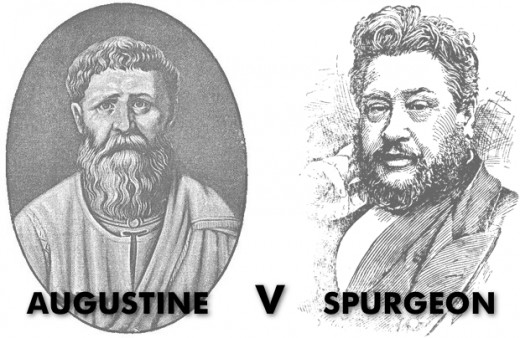
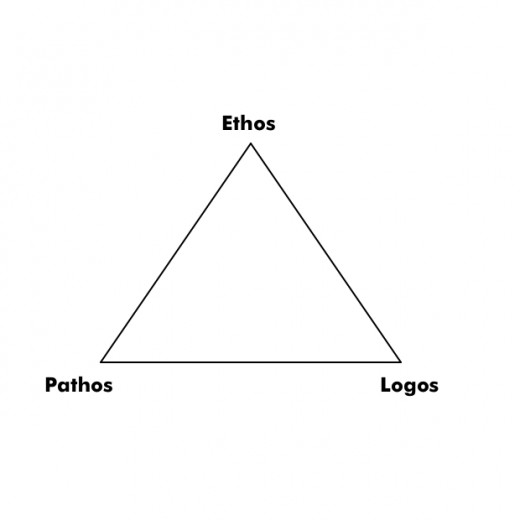
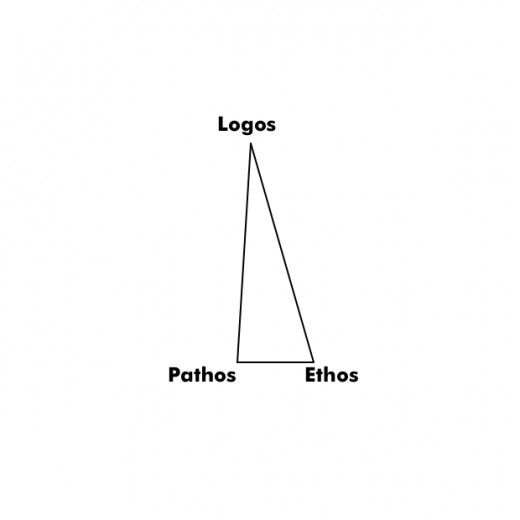
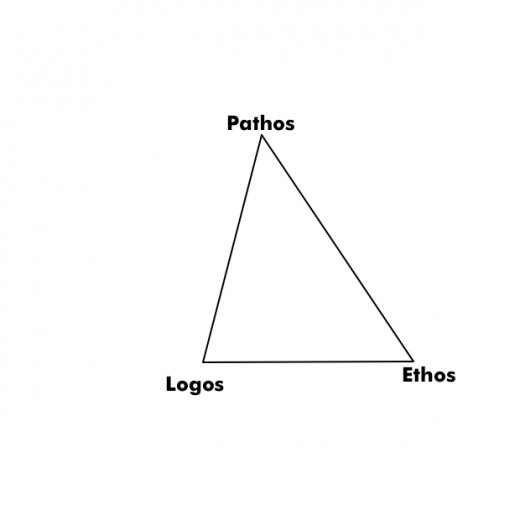
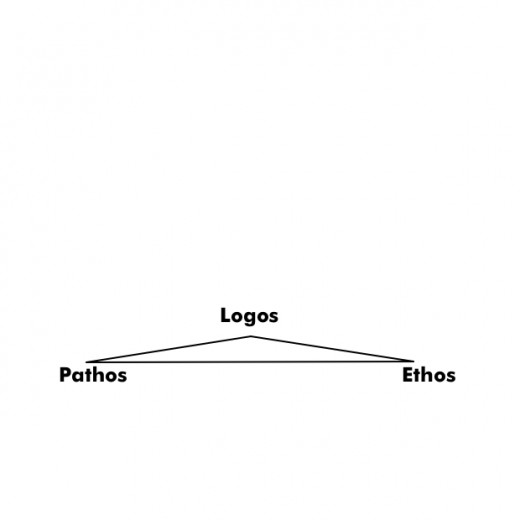






-705772.jpg)